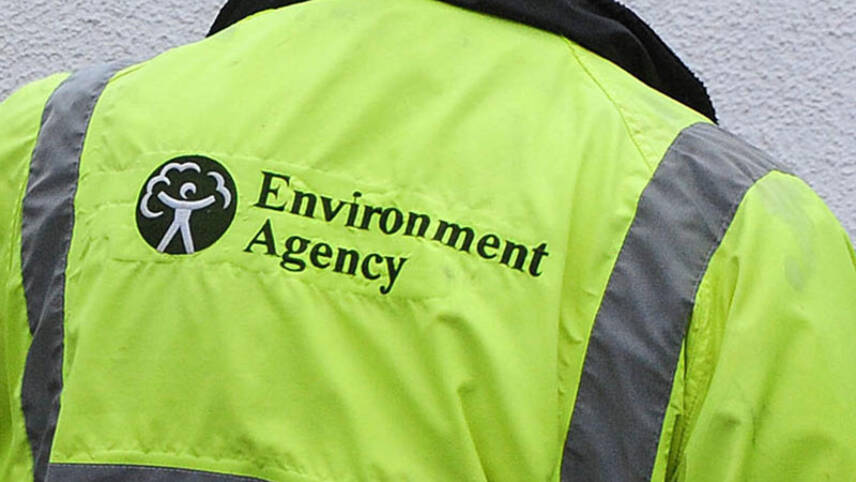Register for free and continue reading
Join our growing army of changemakers and get unlimited access to our premium content

Image: UNISON South West
EA staff first voted in favour of protest action for better wages in November 2022 and, subsequently, around 3,000 staff went on strike between 8 am and 5 pm on 18 January 2023. The action was initially coordinated by trade union UNISON.
This week, UNISON has confirmed that it has worked with the Prospect union to plan a second day of action this coming week, on Wednesday 8 February from 7 am to 7 pm. In addition, EA workers who are members of either union are withdrawing from their incident response rota for 12 hours on either side of the official strike.
Emergency “life and limb” cover, for situations where there is a threat to life or to property, will be maintained during the strike, but all other tasks will not be completed.
Unison has stated some of its EA members were offered a 2% pay rise in the 2021-22 financial year, plus a one-off £345 cost of living payment. However, others were offered nothing. Unison estimates that the average EA worker has seen their pay decrease by around one-fifth, in real terms, since 2010.
The UK Government has not yet, it is understood, put forward any additional offer to increase pay. UNISON and Prospect are pressing for a formal meeting with Environment Secretary Therese Coffey.
“Not a single EA worker wants to take action but the Government’s failure to find a solution has left them with no other option but to walk out again,” said UNISON’s head of environment Donna Rowe-Merriman. “It’s in everyone’s best interests that a solution is found quickly. The Government must act now to get talks in motion that could prevent further escalation.”
Chief executive comments
UNISON has linked the decrease in EA staff pay in real terms to “consistent under-resourcing and under-staffing”, the root cause being a decrease in budget. The Guardian reported in 2021 that, between 2014 and 2021, the EA’s budget from the central UK Government was cut by around two-thirds.
Earlier this week, EA chief James Bevan was called to give evidence to the Environmental Audit Committee (EAC) of MPs about the biggest challenges facing the EA and other arms-length bodies. The Committee questioned him on Wednesday (1 February) on staffing and spend, and how this impacted the EA’s ability to be a regulator with teeth.
Bevan admitted that decreased budgets have ultimately resulted in “significant difficulties” recruiting and retaining staff. He stated that the core grant budget for the EA in 2010-11 was £120m, but that this dipped to £55m in 2019-20. It now sits at £96.5m.
“If we can’t pay our staff, to recruit, retain and motivate staff with the high level of technical skills that we need then we won’t be able to deliver the Environmental Improvement Plan (EIP),” Bevan said.
Bevan stated that EA staff deserve a fairer pay deal to be put on the table by Defra. He spoke of how he has heard evidence of increased food bank use by EA workers amid the cost of living crisis. Last year, Bevan warned that “we will get the environment we are willing to pay for”.
The latest EIP was published this week and sets out targets that support the Government’s overarching plan to leave nature in a better state for the next generation. Supporters welcome how broad it is and how strong some targets are. Critics would have liked to see more completely new targets and funding, bringing weaker targets like those on air pollution in line with global standards of leadership.
The publication of the EIP comes shortly after the UK’s post-Brexit environment watchdog, the Office for Environmental Protection (OEP), warned that the nation is on course to miss every key nature and environmental policy target.


Please login or Register to leave a comment.